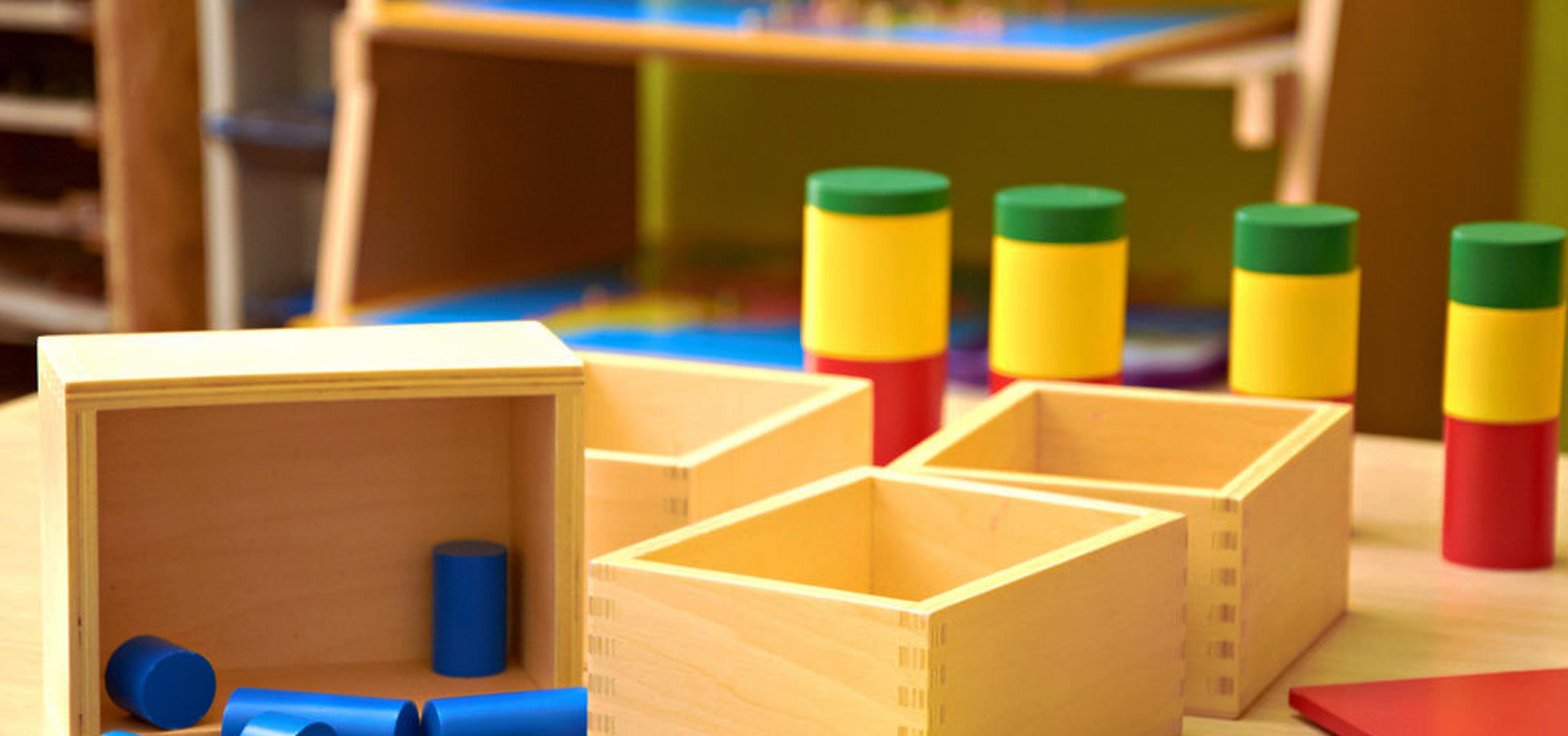Montessori education is a unique approach to teaching and learning that emphasises the importance of hands-on learning experiences. One of the distinctive features of this approach is the use of wooden toys as teaching aids. Montessori educators believe that wooden toys have numerous benefits for young children's cognitive and physical development.

Reasons why Montessori uses wooden toys and how they support children's learning and growth.
Durable and long-lasting: Unlike plastic toys, which can break easily and end up in landfills, wooden toys can withstand wear and tear, making them a more sustainable option. Montessori toys are designed to be used repeatedly by multiple generations of children, which makes them a cost-effective investment for schools and families.
Safe and non-toxic: Unlike some plastic toys, which may contain harmful chemicals such as BPA and phthalates, wooden toys are made from natural materials that are free from harmful substances. This means that children can play with them without risk of exposure to toxins.
Simple and aesthetic: Montessori toys are also designed to be simple and aesthetically pleasing. They are usually made from natural wood, with minimal embellishments or decorations. This simplicity allows children to focus on the toy's form and function, which can help develop their sensory and perceptual abilities. The aesthetic appeal of wooden toys can also promote a sense of calm and order in the learning environment.
Sensory stimulation: Montessori toys are carefully designed to provide sensory stimulation. Wooden toys are usually smooth to the touch, which can help develop children's tactile sense. They can also have a distinct aroma, which can stimulate children's sense of smell. The colours and textures of wooden toys can provide visual and tactile stimulation, encouraging children to explore and experiment.
Skill development: They can be used to teach a variety of concepts, from simple shapes and colours to more complex ideas such as gravity and balance. Wooden toys can also support fine motor development, as children manipulate and handle them. In addition, they can foster imagination and creativity, as children use them in open-ended play.
Wooden toys offer numerous benefits for children's cognitive, physical, and social development. Montessori educators recognize the value of these toys and use them to create a stimulating and engaging learning environment for young children.

